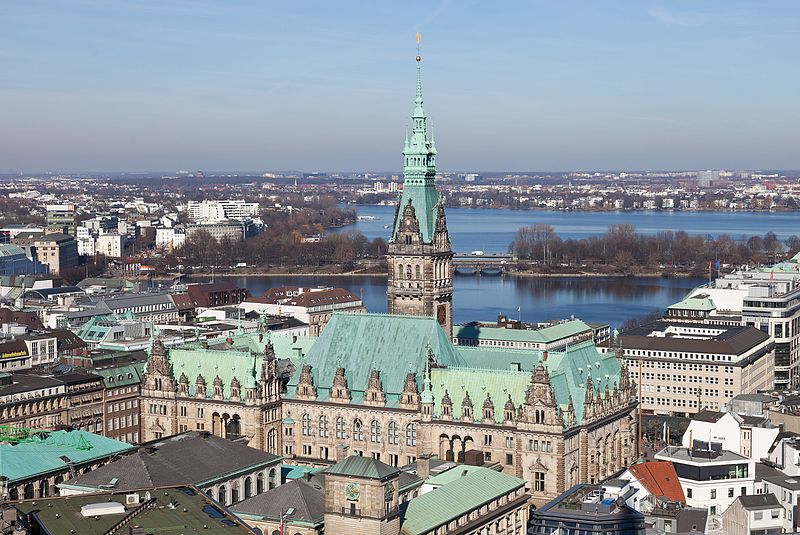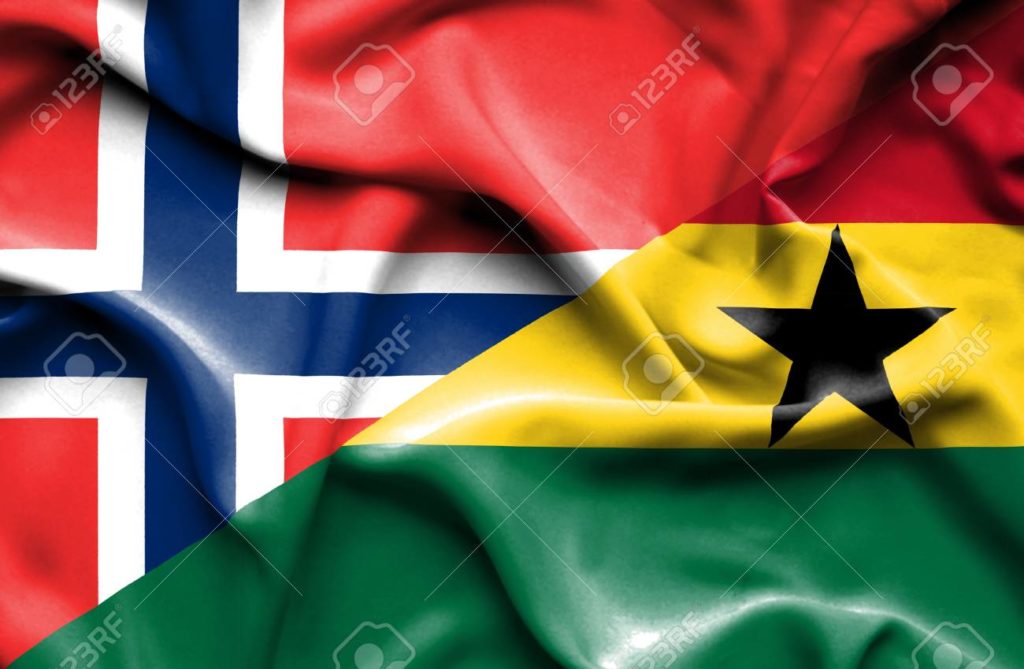Written by: Arunas Palionis, Maria Beck, Hilde Langeland, Joana Amoakoa and Alex Akuamoah-Boateng
GHANAIAN VERSION OF BURGERS
I know what you are thinking, burger? Why would students write about a worldwide known food when doing field work in Ghana? Well, for your surprise, the term “burger” has a completely different meaning for the Ghanaians. “Burger” or “boga” is actually a term used to describe people from Ghana who have migrated to other countries, mainly Europe and the United States. It was originally used referring to people who migrated to Hamburg in Germany.

The word “burger” comes from the city “Hamburg” and was used to describe the people that came back from Hamburg to Ghana. Since then it has evolved to cover everyone moving to a western country.
In this blog post we will connect the term Burger to Atlantic manifestations and will present to you an exclusive interview with our professor John Osei-Tutu who can relate to the term burger in a way none of the group members can.

John Osei-Tutu is our professor in the course Transatlantic History and Heritage. He lives in Trondheim, Norway, and is working as a professor at NTNU. He came to Norway in 1988 as part of a group of students arriving from Ghana who where looking for studying opportunities elsewhere.
“Boga”
For John, the term boga is used to describe a person who has migrated to Europe and has lived in cities like Hamburg, Amsterdam and places in The United States. These cities were typical “burger cities” that Ghanaians moved to and came back as “bogas”. According to John, Norway was not an original burger country. Travelling to another western country became popular in the 1980s. The reason for this was mainly because Europe became more open to accept people being persecuted by dictatorial governments and people who were migrating. The reason for people migrating from Ghana was mostly political, for studying or because of financial reasons. These economic specters are one of the main important reason for migrating, both for personal gain but also to support family back home in Ghana. According to John, every boga has a “duty” or are expected to help their families and friends back home in Ghana, either financially or with goods. One aspect of the term is that bogas is expected to have a lot more money when they return to Ghana.
One can see that someone has been spending time in another country by the way they dress, how they carry themselves and the way they style their hair. John considers himself to be a “Norwegian-boga”. With that he means Ghanaians livings in Norway who return on visits to Ghana are usually modest in appearance and appear relatively less ostentatious in their dealings.
There are a lot of different opinions and feelings about the term boga. John, doesn’t mind the term. People don’t call him boga all the time when he travels to Ghana. Friends may call out “Ah, the Norwegian burger has arrived!” jokingly and John does not mind this. For him the term is not negative. However, John emphasized that there are times when the term is used negatively. For example, as we have mentioned, there are expectations that they must come back as a boga with wealth and money. When they don’t return with wealth and money, the word boga is being used to tease these unfortunate people. In this way the term can be considered strongly connected with status. The term changes depending on the status that the person migrating acquires after moving to another country. John mentioned that his family does not call him boga, other than some friends and siblings use it to tease or to be funny. His family is mainly happy that when he contacts them and visits them, he is safe. He mentioned that family members in general does not call their sons or daughters bogas.

According to John, he doesn’t get cultural shock anymore, because he usually comes to Ghana at least once every year, and because of his research he sometimes takes multiple trips in a year. “When I go to Ghana I go home, and when I go to Norway I go home.” It feels normal to go back to Ghana for him because he knows how to act and how things are compared to in Norway, and he can quickly adapt to the Ghanaian ways. At the same time, he can quickly adapt to the Norwegian ways when he goes back to Norway because he also knows how things work there. When he was asked if he prefers being a Ghanaian in Norway or a Norwegian in Ghana, he answered that he prefers to be a Ghanaian in Ghana and a Norwegian in Norway, because he can adapt to both countries and knows how to navigate both countries.
Norway was not a popular destination back in the 80s. The UK, Germany and Amsterdam were more known for migrants. John knew about Norway already in his teenage years after reading a lot about the Norse mythology and Thor Heyerdahl’s Kon Tiki. Even though he already knew some things about Norway it didn’t mean that he wanted to go there. However, he had some kind of connection to Norway. John knew that if he stayed in Ghana to study, he would not get the same opportunities that he would if he migrated to another country. He then started to look for a scholarship and was tipped by a colleague that already was living in Norway to come there. And he did and has remained in Norway since.
Boga and Atlantic Manifestations
So, how is the term boga connected to Atlantic manifestations? Travelling back in time, Norway was part of the Transatlantic slave trade being connected to Denmark and their forts on the coastline of Ghana. During this trading period religion, language, myths and goods spread and connected the world globally. And it is important to note that during this era people became more aware of the outside world and this also made travelling and visiting other countries possible. And with this it opened for more opportunities.
The books that John read can also be seen as a part of the Atlantic connection. This is because the books have been a part of the Atlantic trade. The books contain the Norse stories that were translated into English. These stories were sold as books in Ghana and were potentially shipped from Europe. Other Norwegian story-based books like the Kon Tiki expedition can also be seen as a part of the Atlantic connection since it has been translated into English and sold all over the world, including Ghana.
John’s friend can also be seen as an Atlantic connection in itself since it was he who told John about Norway. This is because his friend had already been to Norway and knew about the country prior to talking to John about it. He shared and passed on the knowledge he had acquired about Norway to John which in turn made John go to Norway. Many more people like John have traveled to other countries across the Atlantic Ocean. Rockson Adofo is another example of a migrant becoming a boga. He has a different view on how bogas are being treated when returning to Ghana. Ghanaians accuse him of thinking of himself as being on a higher level than other Ghanaians, in terms of wealth. Adofo has a negative experience being a boga, but John has a more relaxed relationship with the word.1
“All “burgers” are not the same so please do not paint them with the same brush.” – Rockson Adofo
In John’s experience Bogas in themselves can be viewed as an Atlantic connection. They have gained knowledge about different cultures and have come back to display these cultures. This is the reason that local people gave them the name boga. With many bogas across the Atlantic it has led to the Diaspora Homecoming conference. This is a conference organized for Ghanaians outside the country and those who are at home in Ghana to discuss opportunities, invests in and their contributions to Ghana.
To conclude, we can see that bogas are connected to the Atlantic history as part of the globalization that has happened over the years. We have John as a great example and can learn a lot by his experiences and views on the term.
Sources:
Adofo, Rockson, The wrong Ghanaian perception about people, especially “Burgers”, https://www.ghanaweb.com/GhanaHomePage/features/The-wrong-Ghanaian-perception-about-people-especially-Burgers-487875# 19 November 2016 (visited 25 July 2019)